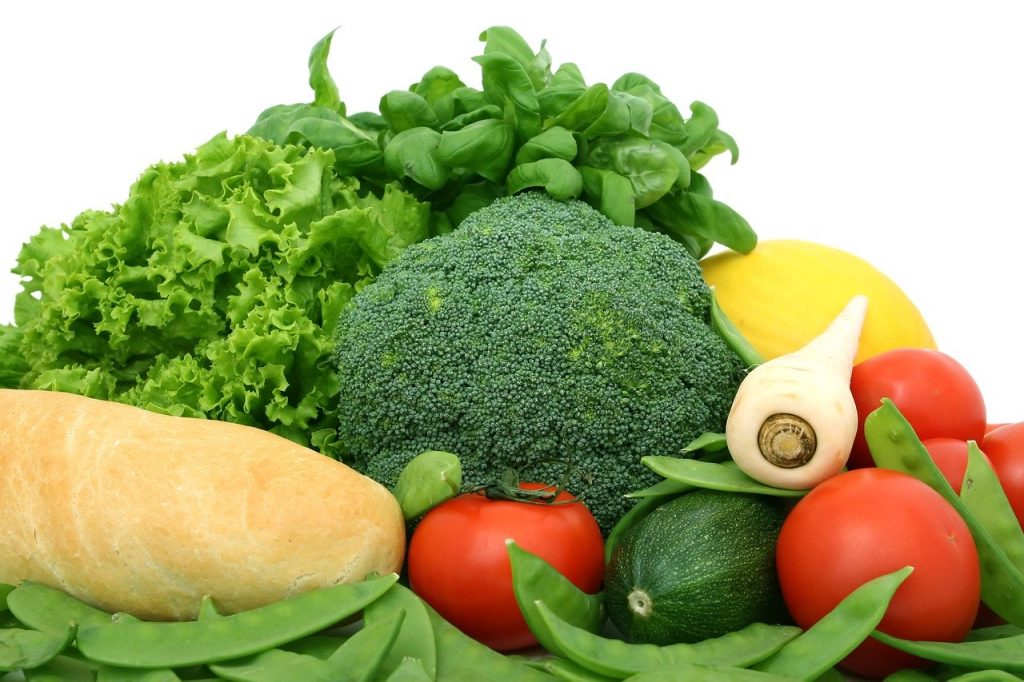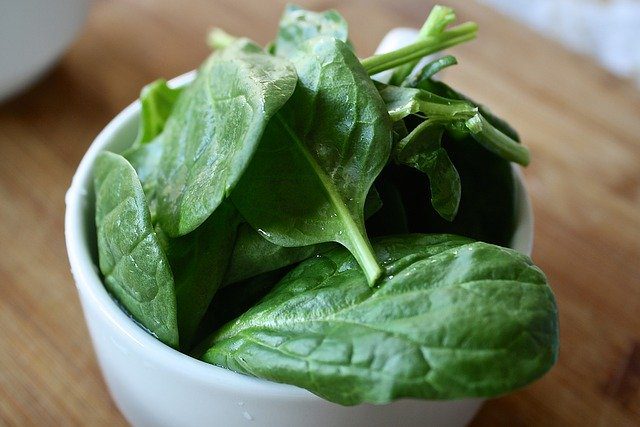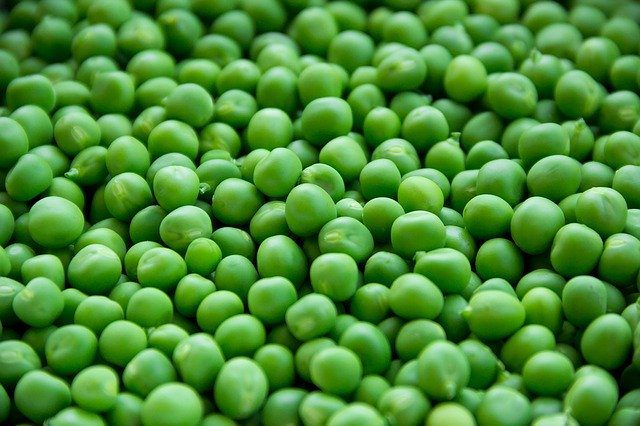
3. Seeds
Seeds like flax seeds, sunflower seeds, pumpkin and chia seeds are the best sources of magnesium and it’s very easy to add them in daily diet. 100 grams of flax seeds have 392 mg and sunflower seeds contain 325 mg magnesium. chia seeds contain 335 mg and pumpkin seeds have 262 mg magnesium.
4. Fruits
Fruits must be an important part of a balanced diet. Fruits like avocado, figs, banana, and guava are magnesium-rich fruits. 1 cup of dried figs has 101 mg which is the highest among fruits. An avocado, a heart-healthy fruit contains 58 mg, a large banana has 37 mg, and guava contains 36 mg magnesium.
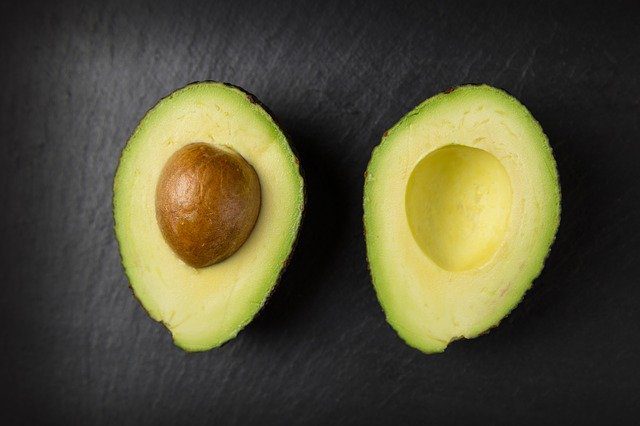
5. Whole Grains
Whole grains are always recommended over refined grains. Whole grains like brown rice, oats, and Quinoa are good sources of magnesium. 1 cup of cooked quinoa provides an excellent amount of magnesium which is 118 mg. 1 cup of brown rice has 86 mg and one cup of oatmeal contains 57.6 mg magnesium.
Also Read – Healthiest Oats Brand With Max Fiber
6. Nuts
A handful of nuts can be enjoyed as a healthy snack in so many ways. Almonds, cashew nuts, and Brazil nuts are foods high in magnesium and calcium. 28 grams of brazil nuts contains the highest amount that’s 106.6 mg magnesium. 28 grams of almonds and brazil nuts have 80 mg and 74 mg magnesium.
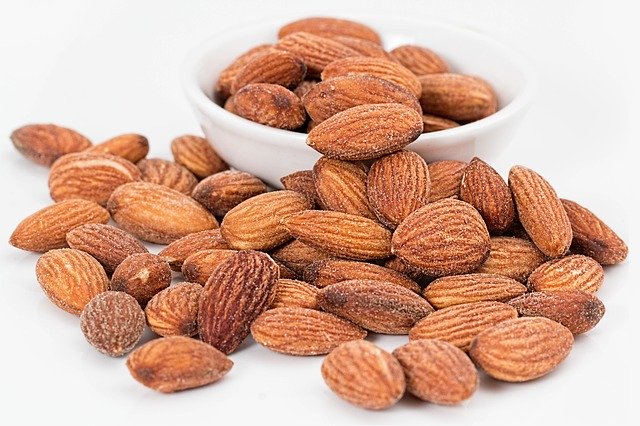
7. Sea Food
Seafood is a dietary source of magnesium as well as protein. Salmon, Mackerel, and tuna contain a good amount of magnesium as well as protein which helps in the absorption of magnesium. 100 grams of tuna has 64 mg of magnesium. Mackerel contains 60 mg and salmon contains 22 mg magnesium.
8. Dark Chocolate
Chocolate can never be bad for health especially if it’s dark chocolate! The darker, the better. You can treat yourself with a bar of dark chocolate for raising the magnesium as well as iron levels in the body. 28 grams of 85% dark chocolate has 65 mg magnesium.

9. Tofu
Tofu is a highly nutrient-dense food that is rich in protein, fat, and magnesium. 1 cup of tofu contains 146 mg of magnesium.
10. Legumes
Legumes like lima beans, kidney beans, and chickpeas are a good source of magnesium and protein. 100 grams of kidney beans has 140 mg of magnesium. Lima beans contain 126 mg and chickpeas have 115 mg magnesium.
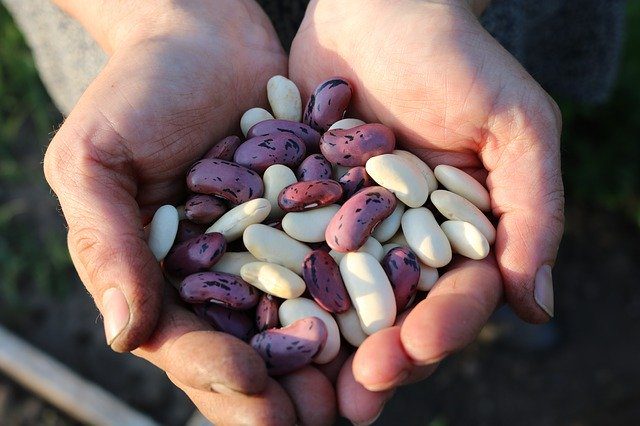
Other Health Benefits Of Magnesium
Apart from the proper functioning of body organs, magnesium can protect us from several chronic diseases such as type 2 diabetes, high blood pressure, depression, inflammation, migraines. Food sources of magnesium can also relieve symptoms of PMS, insulin resistance and may boost athletic and exercise performance.
Is Balanced Intake Of Magnesium Necessary?
Deficiency and over intake of magnesium both are harmful in the long run. Even though the deficiency of magnesium is quite rare in healthy individuals but its deficiency can cause nausea, vomiting, fatigue, appetite, and weakness. A long term below-par intake of magnesium can lead to numbness, tingling, personality changes, celiac disease, type 2 diabetes, chronic diarrhea, Crohn’s disease.
There are plenty of magnesium supplements are available in the market but still, eating magnesium-rich foods is the best way to fulfill magnesium deficiency.
In the same way, the overconsumption of magnesium can be a reason for some side effects like nausea, stomach cramps, diarrhea, and excessive consumption can cause irregular heartbeat and cardiac arrest.
Related Reading:
Here’s the list of high fiber food items that are good for your digestive health.
Who Is At Utmost Risk?
- Athletes may lose a good amount of magnesium as well as sodium, phosphorus, potassium through sweating hence magnesium-rich foods are crucial for them.
- Dehydrated people who consume excessive alcohol or suffering from acute diarrhea may be magnesium deficient.
- Use Of Antibiotics for a long term, high doses of zinc and bisphosphonates for osteoporosis, water pills, or acid reflux, peptic ulcer medicines can hamper the magnesium absorption.
- Gastrointestinal Disorders Patients, who tend to lose an excessive amount of magnesium.
- People With Weak Kidneys may suffer from this rare deficiency.
- Elderly People may be affected due to the less absorption of magnesium.
How To Know If You Are Magnesium Deficient?
60 to 70% magnesium occurs in the bone, rest is in the body tissues and only 1% lies in the blood which makes it hard to assess the magnesium amount from a blood test. Doctors can suggest serum magnesium test but even that’s not reliable so it’s better to consult a health practitioner who will check your signs and symptoms for deficiency holistically and will recommend a magnesium-rich foods chart or magnesium supplements.
So, Do You Need a Magnesium Supplement?
Even if you are not getting enough amount of magnesium from your diet, our kidneys can handle it for a while. Our kidneys can preserve some amount of magnesium and it can also expel the extra magnesium through urine.
You can consume magnesium supplements in case of acute deficiency but upon the advice of a certified medical practitioner. There may be some serious side effects such as heart risk, kidney failure, bowel obstruction therefore, consultation of doctor is mandatory before considering magnesium supplements.

A Word Of Caution
If you are magnesium deficient and you are going to consume magnesium-rich foods then you must consider a few points.
- Nuts, seeds and dark chocolate contains plenty of calories and should be consumed moderately especially if you are weight conscious.
- Brazil nuts are high in selenium which can lead to diarrhea, bad breath and hair loss. Again, consume in moderation.
- Spinach, dark chocolate, and almonds are enriched with oxalates which may interrupt with magnesium absorption.
Frequently Asked Questions
Here we have answered a few interesting FAQs about the top magnesium-rich foods.
1. How can one raise one’s magnesium levels quickly?
To increase the magnesium levels, add magnesium rich food to your diet or consume the prescribed magnesium supplements.
2. Which fruit is the richest in magnesium?
Bananas have the highest magnesium content compared to the other fruits. One large banana has 37% of RDI.
3. What are the symptoms of a lack of magnesium?
You may experience muscle spasms, loss of appetite, vomiting or nausea, fatigue, or sleepiness if you have magnesium deficiency.
4. What vegetable is highest in magnesium?
Spinach is a good source of iron and magnesium. Include spinach and green veggies to your diet to improve your magnesium levels.
5. What food is best for magnesium?
Nuts, fruits, vegetables, seeds, tofu, whole grains and dark chocolates are good sources of magnesium.
Related Reading:
Are you vitamin D deficient? Here are vitamin D foods you must consume every day in an adequate amount.
Conclusion
Magnesium is a vital nutrient for the proper functioning of the body. It is crucial to get an adequate amount of magnesium through magnesium-rich foods but if you not getting it through food then supplements can be considered but with the consultation of a qualified health practitioner as it may no go well with some other health conditions.
Having natural sources of magnesium with other essential nutrients is always a smart decision.
Disclaimer – This content including advice provides generic information only. It is in no way a substitute for qualified medical opinion. Always consult a specialist or your own doctor for more information before making any dietary changes.

